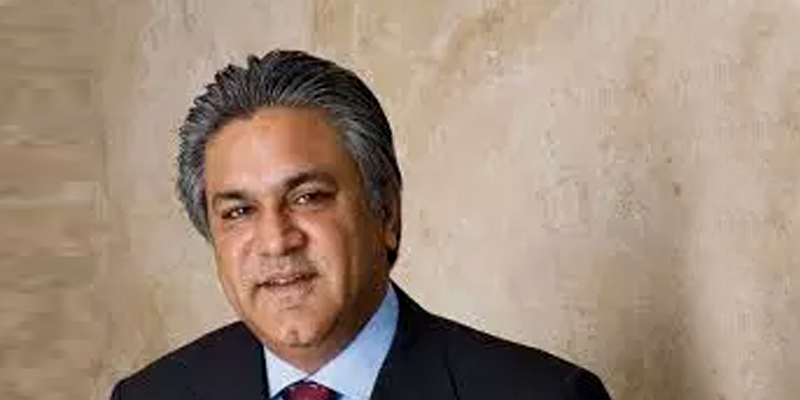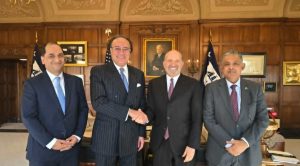DUBAI – Arif Naqvi, the founder of the world’s leading equity company, Abraaj Group, stepped aside after clients lodged complaints regarding alleged misuse of investor money in healthcare businesses.
It was announced by the company on Friday that Naqvi, a native of Pakistan, would no longer handle the company’s asset management business.
In the statement, Abraaj said that Omar Lodhi and Selcuk Yorgancioglu, two senior executives, would manage the $14 billion in assets as co-chief executives of the firm, replacing Naqvi, who had earlier handled every aspect of the firm.
However, Naqvi, would retain a nonexecutive role as a member of the firm’s investment committee, Abraaj added.
The development comes after customers claimed that the Dubai-based company was involved in misusing of the funds, New York Times reported, adding that the World Bank and the Bill and Melinda Gates Foundation were among the prominent investors that, over the past year, have been questioning the firm’s governance practices
Abraaj today announced that it has suspended its investment activities until it completed a broad corporate restructuring.
The clients fear that Abraaj might have used fund, allocated for investment in hospitals in Pakistan and Kenya for other unauthorized purposes.
The complaints surfaced after the investors got known that over $200 million, which were to use in 2016, had not been invested.
The Abraaj Group previously clarified that the investment in the both countries could not be made due to regulatory holdups. But the customers denied accepting the reason and demanded the audit of the firm from an independent accountant.
Arif Masood Naqvi (born 13 July 1960 in Karachi, Pakistan) of the private equity investor operating in Africa, Asia, Latin America, Middle East, Turkey and Central Asia.
Naqvi founded the Group in 2002. It started with 60 million USD in assets under management and as of 2017, manages US$13.6 billion
It was Naqvi’s pitch that investing in markets like Egypt, Turkey and India would earn great profits and have a positive social impact as well, the US media outlet said.
The WB supported Naqvi’s idea to replace traditional financing techniques to boost economic development in developing countries.













